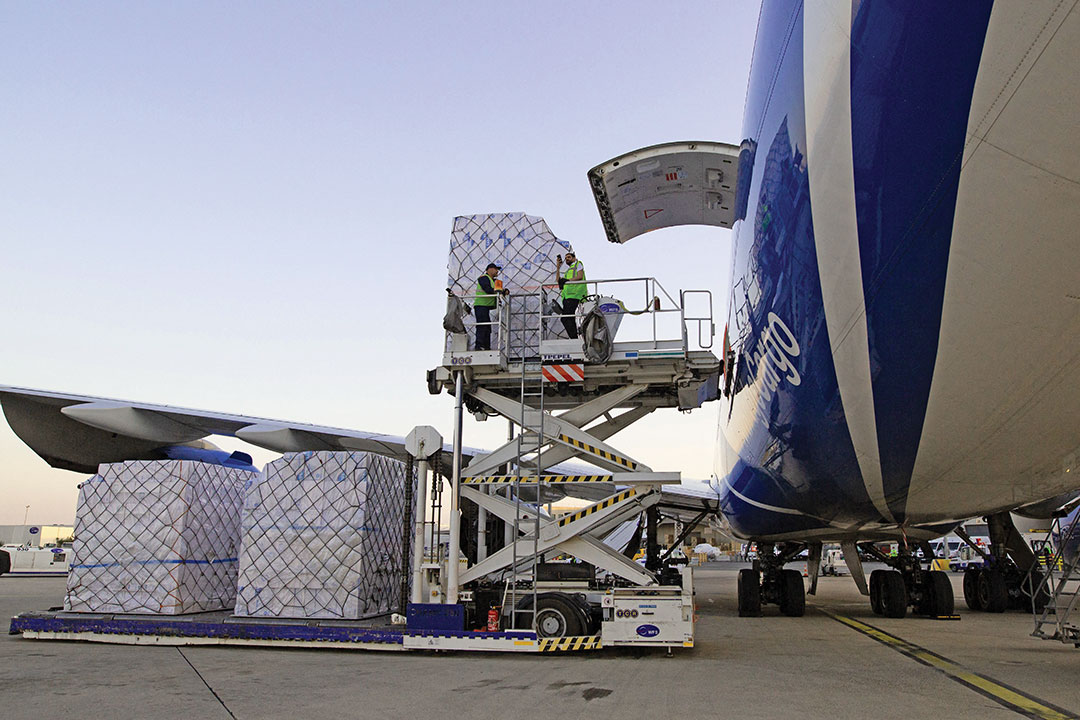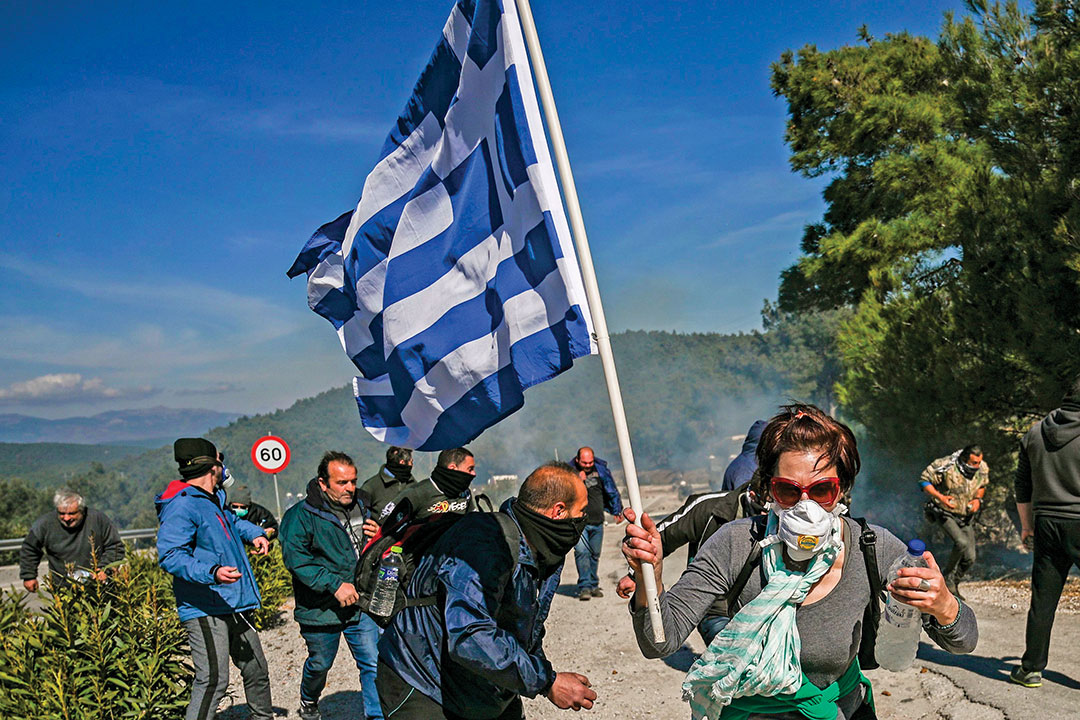Democratic institutions must emerge stronger from the pandemic
By Dr. Suzanne Loftus, Marshall Center professor
It could be argued that the 2008 global financial crisis was the major catalyst for many of the subsequent domestic issues that have developed and lingered throughout the European Union until today. Recovery across the Eurozone has been uneven, and the ensuing sovereign debt crisis drove Southern Europe into a second recession in 2012. Today, growth across the EU has been measured as less inclusive than before the 2008 crisis in terms of economic convergence between countries and within countries — the encouragement of which was a strong motivating factor for having created the Eurozone in the first place.
According to the World Bank’s “EU Regular Economic Report,” before the crisis it would have taken 30 years for EU countries to achieve similar per capita income levels. After the crisis, it is estimated that convergence will take seven times longer. In addition, poverty levels across the Eurozone worsened until 2013, recovered slightly by 2015, but have never returned to pre-crisis levels. Even though gross domestic product (GDP) per capita recovered by 2011, the bottom 40% of the population saw its income share fall, substantially increasing inequality. Southern Europe was particularly affected. Simultaneously, rapid technological change has been polarizing the labor market because automation is displacing workers, who are then forced into below-average earning positions in the service sector. Moreover, the population is aging, which has decreased the share of the working-age population and therefore total labor earnings. For these reasons, among other cultural and political reasons, populism in Europe has gained momentum; populists claim to be the voice of the forgotten, promising radical change from the establishment.
Another noticeable trend in the past decade is that democracy in Europe is on the decline, according to indicators such as the Economist Intelligence Unit and the Varieties of Democracy (V-Dem). Europe has seen six shifts in regime classifications over the past 10 years. Hungary, Lithuania, Poland and Slovakia lost their status as liberal democracies and transitioned downward to electoral democracies. This backsliding has occurred primarily in the areas of media and civil society.
Certain security crises have exacerbated the already-existing tensions in Europe. In 2015, Europe received more than 1 million people fleeing conflicts in Syria, Iraq and Afghanistan, which led to a severe crisis that unsettled the continent as it struggled to deal with the influx. This came at a time of rising anti-immigration sentiment and Euroskepticism, which was occurring as a result of the economic difficulties and the general tendency to blame migrants for one’s mishaps. Anti-immigration sentiment also came as a result of an increased perception that European “identity” was being challenged by non-European migrants. The difficulties in handling the crisis sparked substantial media attention, encouraged heated debates on immigration policy, and activated skepticism toward immigrants across society. These sentiments were then reflected in votes for right-wing populist parties across the continent, which capitalized on immigration fears.

In terms of security, the continent is divided on its threat perceptions. While the south sees immigration as the greatest threat, Eastern nations are more concerned with Russia — a perception that increased multifold after Russia annexed Crimea. The lack of shared threat perception among allies is not only visible in the security dimension, but also in the business and political arenas. Several European leaders have been building closer ties with Russian President Vladimir Putin due to commonly shared beliefs and business interests. In addition, Europe gets the bulk of its energy from Russia, and therefore continues to engage in business deals on this front, no matter how Russia behaves internationally. A good example of this would be the decision between Russia and Germany to go forward with the construction of the Nord Stream 2 natural gas pipeline, a decision that has left a bitter taste in the mouths of many allies.
After the illegal annexation of Crimea in 2014, a sharp rift in Europe’s relations with Putin took place. Russia, for its part, has not hesitated to take advantage of preexisting divisions within the EU to bolster its position and relatively weaken the West. It is evident that many of Europe’s populist parties have close ties with Putin. A survey by the European Council on Foreign Relations found that a majority of what they call “insurgent” parties across Europe are positively inclined toward Putin’s Russia. These parties are generally suspicious of the United States, skeptical of the European project and against excessive migration. This is useful for the Kremlin because it helps legitimize its policies and amplifies the reach of Russian disinformation. Most of these parties oppose EU sanctions on Russia and don’t believe in the implementation of the Deep and Comprehensive Free Trade Area with Ukraine. Their stance comes from shared conservative values, the belief in national sovereignty and a rejection of internationalism and interventionism. For many, Russia is seen as a counter to the U.S.
Today, we are witnessing the reemergence of geopolitical great power competition among the U.S., China and Russia. We are also witnessing the rise of nationalism and authoritarianism. The digital revolution has made it much easier to spread disinformation. These trends have created a threat to democracy on every continent. While China can be considered a peer competitor to the U.S., Russia is more of a disrupter and, due to the power imbalance, uses asymmetric tactics to subvert its adversaries. Russia has invested heavily in its influence operations, most notably in the realm of information warfare. It also uses its economic weight in the energy sector to exert influence over other governments’ policies, which is most notable in Eastern Europe. In addition, it funds far-left and far-right political movements with the aim of sowing discord in democratic politics and promoting pro-Russian sentiment.
China’s tactics include building leverage over governments, institutions, businesses and individuals. It also spends great resources on media. Abroad, there are hardly any remaining independent Chinese-language media outlets. China has invested greatly in the infrastructure of partner nations, which have now developed economic dependencies on China. Due to their dependence, they are often coerced into supporting China’s political and diplomatic positions. Aside from this, China has been accused of conducting cyber espionage to steal intellectual property. Both Russia and China have regularly engaged in covert and coercive influence operations, viewing this as a normal feature of engaging with other countries. They have often exploited similar vulnerabilities in democratic societies.

During the COVID-19 pandemic, which has spared no one, as European nations struggled to combat the virus and to unite and help one another with needed equipment, Russia and China did not pass up the opportunity to “come to the rescue” and present themselves as heroes while their media campaigns discredited the EU and the U.S. In the Balkans, China is regarded as having been a friend throughout the pandemic, and in Italy, perceptions of the Russians and Chinese have improved dramatically. The Chinese embassy in France accused French politicians and medical workers of failing to assist their citizens. China’s embassy in Italy promoted Beijing’s capability and willingness to provide support to Europeans in need. These efforts were intended to depict China as a partner and paint European cohesion and American leadership as absent. As long as the West doesn’t act against disinformation campaigns, the Russians and the Chinese will continue to use this tool to their advantage. As the EU set out a plan to tackle an “infodemic” of false information about COVID-19, it has accused Russia and China of running disinformation campaigns inside the EU. While it has often charged Russia with doing so, this was the first time the European Commission publicly named China as a source of disinformation trying to undermine European democracies.
The economic crisis likely to follow the pandemic will only further exacerbate these trends on the European continent. The failure to come together undermines the goal of shared long-term prosperity and integration. In addition, the failure by the EU and the U.S. to remain united will lead to a further rift in trans-Atlantic relations at a time when it is particularly important to stand strong and united. Countries in the West need to tackle disinformation from Russia and China and actively engage each other in trade, public health and security and in developing an overall recovery plan after the pandemic. Moves must also be made to lessen energy dependence on Russia, specifically in Eastern Europe where some nations are as much as 100% dependent on Russia. The West needs to reestablish credible deterrence by making it clear to adversaries that they will respond assertively to malign interference in their domestic affairs. The U.S. and its allies need to improve information sharing to better coordinate a policy response to disinformation campaigns, cyber hackings, bribery and corruption, and election security. The West also needs to advance a clear and coherent narrative about its values, and the U.S. needs to make clearer its role in the world. It is not too late to salvage our place in the world and reestablish our priorities.


Comments are closed.